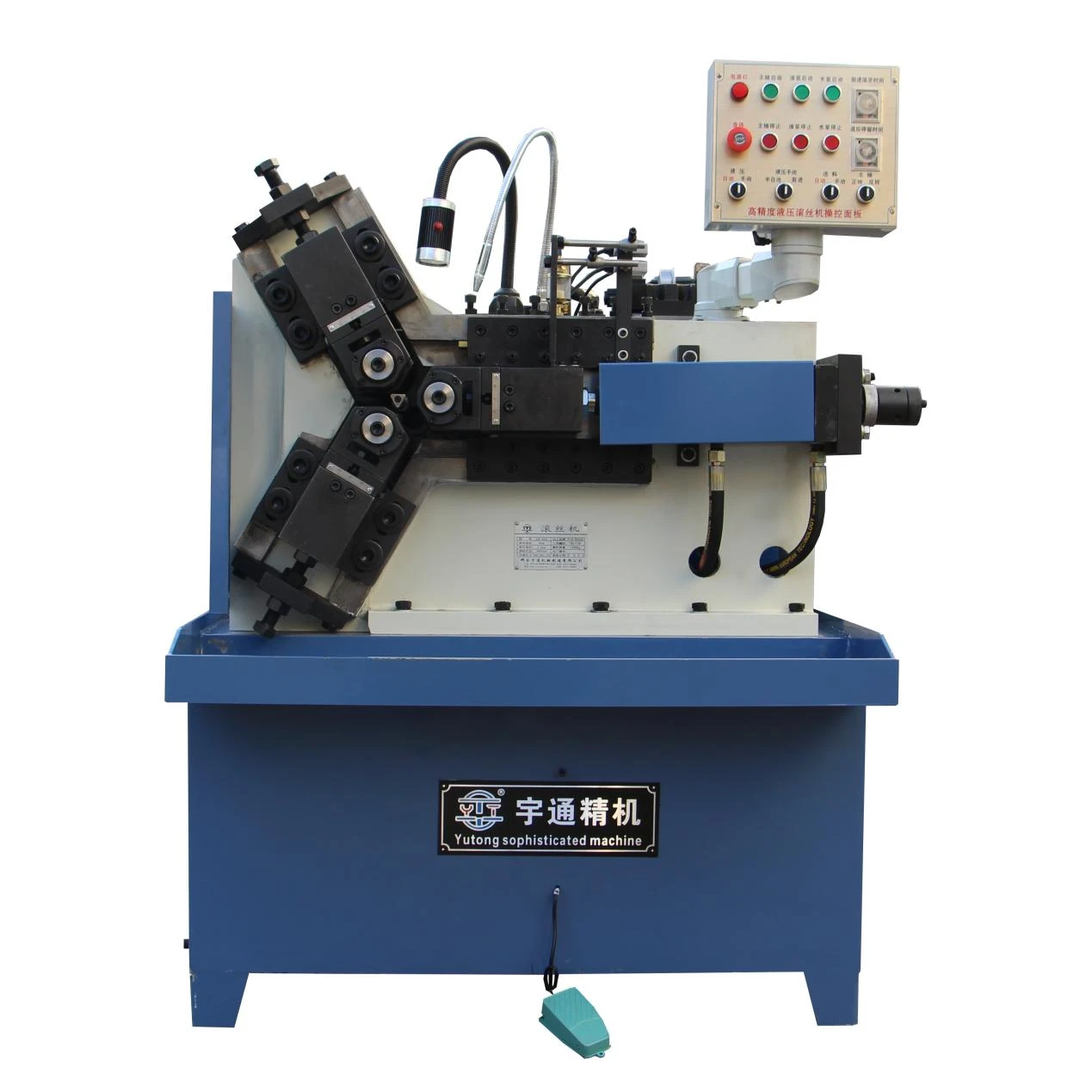
-
 Afrikaans
Afrikaans -
 Albanian
Albanian -
 Amharic
Amharic -
 Arabic
Arabic -
 Armenian
Armenian -
 Azerbaijani
Azerbaijani -
 Basque
Basque -
 Belarusian
Belarusian -
 Bengali
Bengali -
 Bosnian
Bosnian -
 Bulgarian
Bulgarian -
 Catalan
Catalan -
 Cebuano
Cebuano -
 Corsican
Corsican -
 Croatian
Croatian -
 Czech
Czech -
 Danish
Danish -
 Dutch
Dutch -
 English
English -
 Esperanto
Esperanto -
 Estonian
Estonian -
 Finnish
Finnish -
 French
French -
 Frisian
Frisian -
 Galician
Galician -
 Georgian
Georgian -
 German
German -
 Greek
Greek -
 Gujarati
Gujarati -
 Haitian Creole
Haitian Creole -
 hausa
hausa -
 hawaiian
hawaiian -
 Hebrew
Hebrew -
 Hindi
Hindi -
 Miao
Miao -
 Hungarian
Hungarian -
 Icelandic
Icelandic -
 igbo
igbo -
 Indonesian
Indonesian -
 irish
irish -
 Italian
Italian -
 Japanese
Japanese -
 Javanese
Javanese -
 Kannada
Kannada -
 kazakh
kazakh -
 Khmer
Khmer -
 Rwandese
Rwandese -
 Korean
Korean -
 Kurdish
Kurdish -
 Kyrgyz
Kyrgyz -
 Lao
Lao -
 Latin
Latin -
 Latvian
Latvian -
 Lithuanian
Lithuanian -
 Luxembourgish
Luxembourgish -
 Macedonian
Macedonian -
 Malgashi
Malgashi -
 Malay
Malay -
 Malayalam
Malayalam -
 Maltese
Maltese -
 Maori
Maori -
 Marathi
Marathi -
 Mongolian
Mongolian -
 Myanmar
Myanmar -
 Nepali
Nepali -
 Norwegian
Norwegian -
 Norwegian
Norwegian -
 Occitan
Occitan -
 Pashto
Pashto -
 Persian
Persian -
 Polish
Polish -
 Portuguese
Portuguese -
 Punjabi
Punjabi -
 Romanian
Romanian -
 Russian
Russian -
 Samoan
Samoan -
 Scottish Gaelic
Scottish Gaelic -
 Serbian
Serbian -
 Sesotho
Sesotho -
 Shona
Shona -
 Sindhi
Sindhi -
 Sinhala
Sinhala -
 Slovak
Slovak -
 Slovenian
Slovenian -
 Somali
Somali -
 Spanish
Spanish -
 Sundanese
Sundanese -
 Swahili
Swahili -
 Swedish
Swedish -
 Tagalog
Tagalog -
 Tajik
Tajik -
 Tamil
Tamil -
 Tatar
Tatar -
 Telugu
Telugu -
 Thai
Thai -
 Turkish
Turkish -
 Turkmen
Turkmen -
 Ukrainian
Ukrainian -
 Urdu
Urdu -
 Uighur
Uighur -
 Uzbek
Uzbek -
 Vietnamese
Vietnamese -
 Welsh
Welsh -
 Bantu
Bantu -
 Yiddish
Yiddish -
 Yoruba
Yoruba -
 Zulu
Zulu
Thread Rolling Machine Price List From Various Manufacturers and Suppliers
Understanding the Pricing Landscape of Thread Rolling Machines
Thread rolling machines are essential equipment in the manufacturing sector, particularly for industries that require precision-engineered threaded components such as fasteners, bolts, and screws. As the demand for these components continues to rise across various sectors—from automotive to aerospace—the importance of understanding the pricing landscape for thread rolling machines cannot be overstated.
What are Thread Rolling Machines?
Thread rolling is a process used to create threads on a workpiece through the deformation of material rather than cutting it away. This method significantly enhances the material's strength and, in many cases, is more efficient than traditional cutting methods. Thread rolling machines come in various types, including flat die, cylindrical, and planetary machines, each designed for specific applications and production volumes.
Factors Influencing Pricing
The price of thread rolling machines can vary significantly based on numerous factors
1. Type of Machine The price often hinges on the type and complexity of the machine. Basic models designed for small-scale production are typically less expensive than advanced machines that offer automation and high-volume production capabilities.
2. Material and Build Quality High-quality materials and robust construction are critical in ensuring the machine's durability and precision. Machines made from premium steel with advanced engineering features tend to be priced higher.
3. Production Capacity Machines designed for high-speed and high-volume production usually carry a premium price tag, reflecting their increased capability and efficiency.
4. Brand and Manufacturer Reputation Established brands with a history of reliability and after-sales support often charge more for their products due to trust and perceived value in their machinery.
thread rolling machine price list companies

5. Technology and Features Modern thread rolling machines may come equipped with advanced control systems, automation, and even IoT connectivity for smart manufacturing solutions. Such features often contribute to a higher price.
6. Market Demand and Economic Conditions Fluctuations in supply chain dynamics, raw material costs, and overall economic health can influence machine prices. Increased demand in specific sectors may drive prices up, while economic downturns may lead to discounts or reduced pricing.
Price Range Overview
To offer a clearer picture of the landscape, thread rolling machines typically range in price from a few thousand dollars for entry-level models to over $100,000 for high-end, fully automated machines. For instance, basic flat die machines may start at around $5,000, while more comprehensive systems designed for industrial-scale operations can see price tags exceeding $50,000.
Where to Buy
Numerous companies specialize in manufacturing and selling thread rolling machines. It's essential to compare products from various manufacturers to find the best option for your specific needs. Companies like Acme Manufacturing, L. L. Smith, and O.Group have established themselves in this field and offer a variety of models catering to different production requirements.
Additionally, online marketplaces and trade shows can provide valuable insights into the latest technologies and pricing. Engaging with industry forums can also yield recommendations for reputable suppliers and manufacturers.
Final Thoughts
Choosing the right thread rolling machine is pivotal for any manufacturing business, as it not only affects production efficiency but also the quality of the final product. By understanding the factors that influence pricing and exploring various options, companies can make informed decisions that align with their operational needs and budget constraints. Whether investing in a basic unit or a high-tech solution, ensuring the right fit for your specific applications is essential for long-term success.
